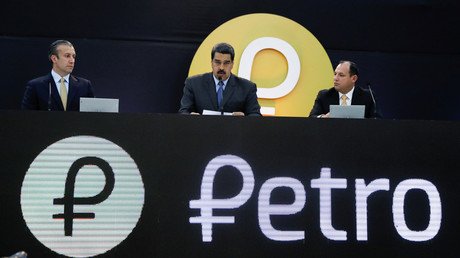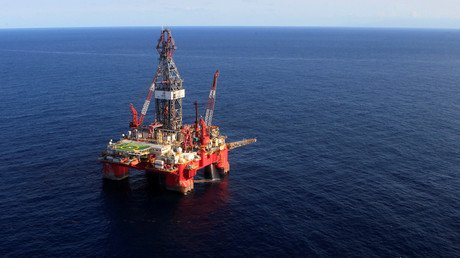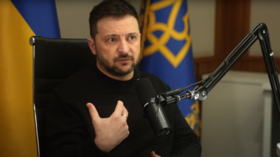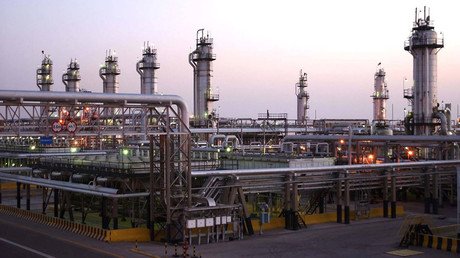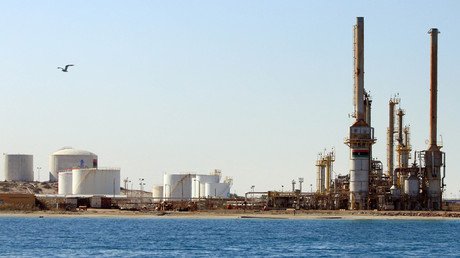Can Russia & China rescue Venezuela?
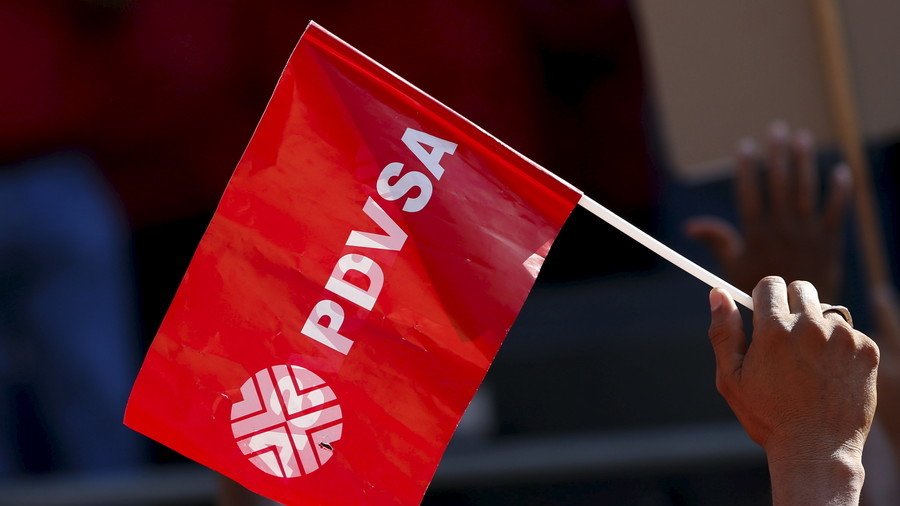
"The imposition of US oil sanctions is now edging closer to reality. Such a move would act as the death knell for Venezuela's oil industry," PVM Oil Associates’ Stephen Brennock said in a note this week.
The note followed reports about Washington getting more serious about imposing an oil embargo on the South American nation. But is this really the end for the troubled PDVSA and the country as a whole?
This is not the first time such warnings are being made. Venezuela sends much of its oil to refineries on the Gulf Coast. But these shipments have been falling steadily since last year, reaching just 439,000 bpd in the week to February 23, versus 654,000 bpd a year earlier. The reasons for the decline are both lower production and worsening quality of the oil, both caused by lack of cash for field maintenance and the treatment of the oil.
The general opinion among industry analysts in the West seems to be that if the White House finally goes ahead with broad sanctions against Venezuela’s oil, the country is as good as dead because of its overreliance on the industry. If these sanctions materialize, Brennock explains, Caracas would have to lower the price of its oil substantially to find buyers and will also suffer the blow of lack of access to diluents, which is essential for making Venezuelan heavy crude marketable.
Oil production in the Orinoco oil belt, responsible for half of Venezuela’s crude oil production of currently around 1.6 million bpd, depends on the imports of heavy naphtha from the United States, which is blended with the thick tar-like extra-heavy oil to allow it to flow through pipelines from Orinoco to Venezuela’s coasts for loading onto tankers.
Sure, some analysts say, Venezuela could start importing diluents from African oil producers, but these will come at a steep price, and Caracas is short of cash. In an effort to scrounge up some much needed cash, President Maduro said the country’s brand new cryptocurrency had received more than 171,000 certified purchase offers, of which 40.8 percent were made in dollars. Telesur reports, quoting government officials, that petro sales over the first couple of days of offer topped US$1 billion. But that’s presale days. The real sales will begin on March 20.
Read more on Oilprice.com: Iran Could Lose 500,000 Bpd If Trump Trashes Deal
But let’s leave cryptocurrencies aside. From the majority of headlines on Venezuela, one would be left with the very strong impression that the country is already dead and it just doesn’t know it. Yet there is at least one other country that has an interest in not letting this happen. That’s China, of course, and if we add Russia to the ally list, things start to look a bit differently.
Both China and Russia have extended massive credits to Caracas. Letting the country “die” is not an option that either Beijing or Moscow would gladly accept. This means that they would more likely than not step in to help keep it on its feet in case of harsher sanctions.
So, it may be a little early to talk about death knells and last nails in the coffin of the Venezuelan economy. Chances are that Washington is aware of the role that China and Russia could play there. Otherwise they would have already gone ahead with the broad oil sanctions, despite potential headaches for US refineries.
This article was originally published on Oilprice.com
